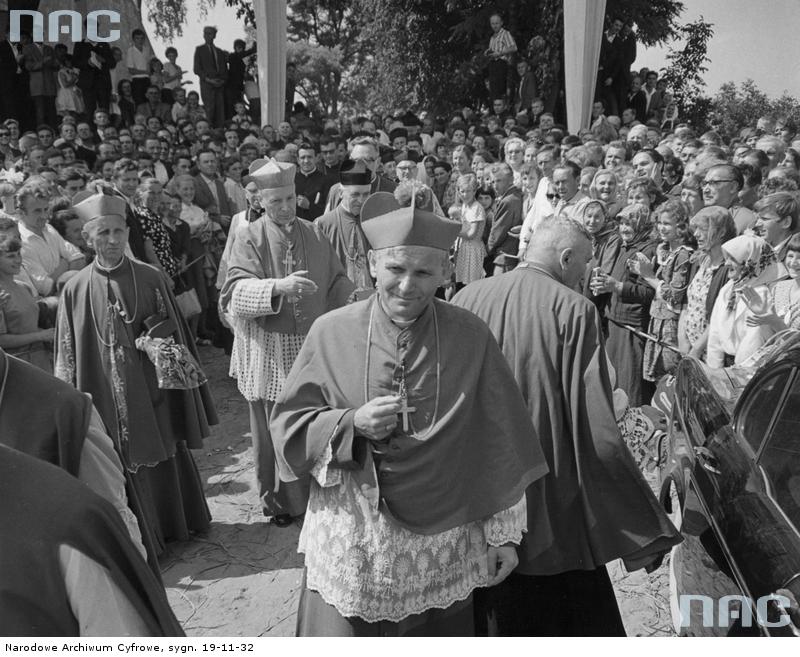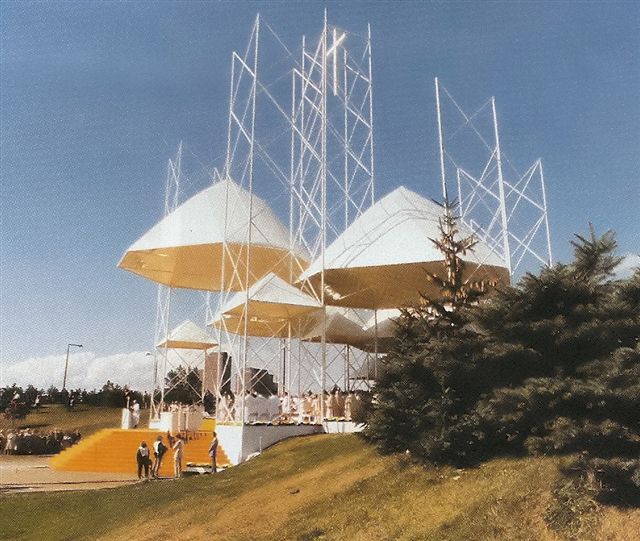Turbowicz
18 Jun 2012
Genealogy / Anyone know the name Neugewirtz? [15]
Hi, LadyVerney,
I wonder if we're related. My paternal grandmother was Rosina Neugewirtz, born in Czulice, which is about 18 km northeast of Kraków (or Krakau in German when Kraków was in Galicja, part of the Austro-Hungarian Empire prior to 1918), sometime in the late 1890s. She died of an aneurism in London in 1930 when my father was just a toddler.
I can ask my father because, thankfully, he's enthusiastic about genealogical information, and he has many names in his ancestral database. And the name Immerglück also sounds familiar from my discussions with my father.
If you're still looking, lemme know.
Best regards.
Andrzej in The OC.
Hi again, LadyVerney; I'll send you a private message as you're probably not following this thread any longer. I'm eager know if we're related, and my father (almost 85 years-old) would also be interested.
Andrzej in The OC, SoCal.
Hi, LadyVerney,
I wonder if we're related. My paternal grandmother was Rosina Neugewirtz, born in Czulice, which is about 18 km northeast of Kraków (or Krakau in German when Kraków was in Galicja, part of the Austro-Hungarian Empire prior to 1918), sometime in the late 1890s. She died of an aneurism in London in 1930 when my father was just a toddler.
I can ask my father because, thankfully, he's enthusiastic about genealogical information, and he has many names in his ancestral database. And the name Immerglück also sounds familiar from my discussions with my father.
If you're still looking, lemme know.
Best regards.
Andrzej in The OC.
Hi again, LadyVerney; I'll send you a private message as you're probably not following this thread any longer. I'm eager know if we're related, and my father (almost 85 years-old) would also be interested.
Andrzej in The OC, SoCal.
 PolishForums LIVE / Archives [3]
PolishForums LIVE / Archives [3]

